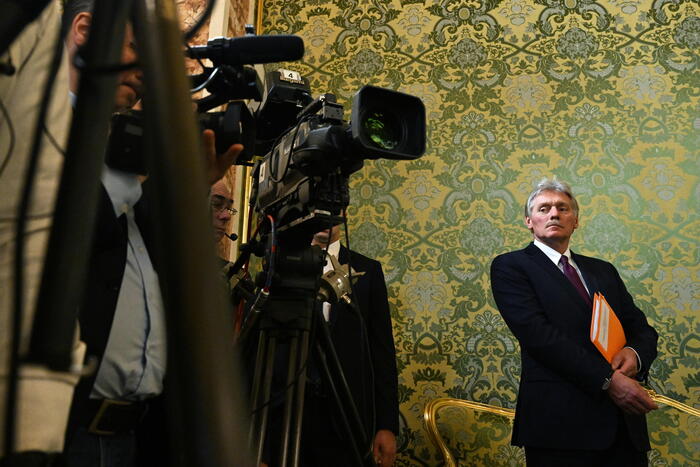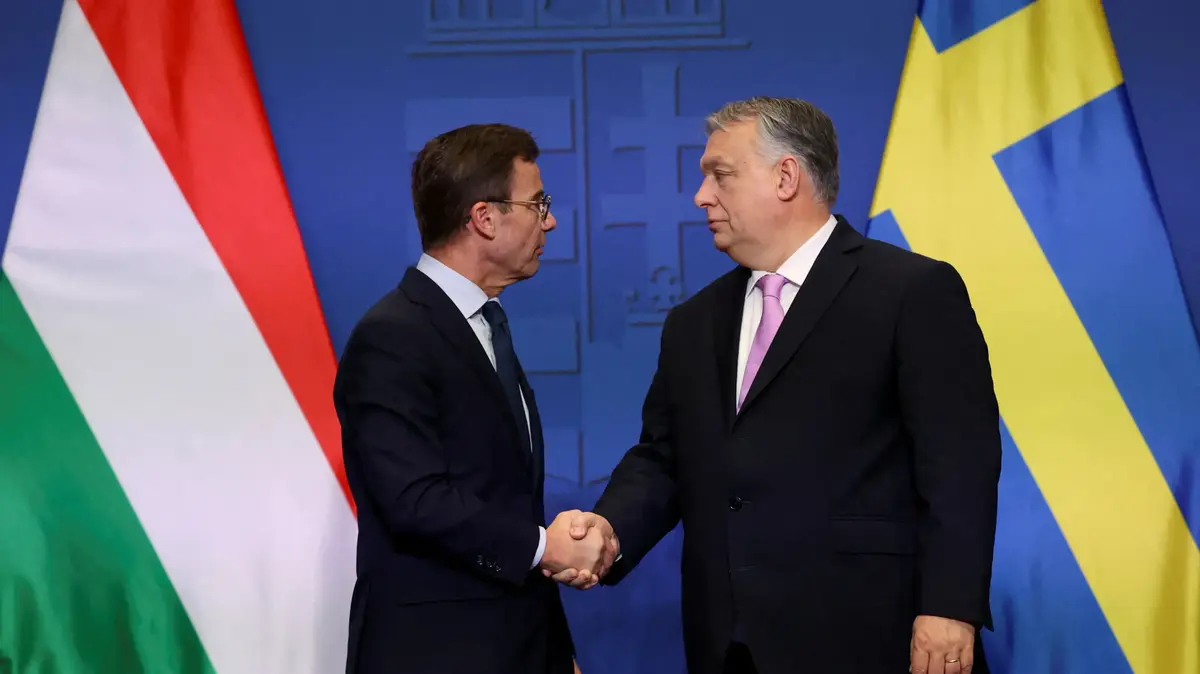The gap between NATO and Russia is widening. After the first meeting between the two actors in more than two years, the temperature remains extremely high. Both sides are seriously in conflict and warn of a dangerous escalation of military tension around Ukraine. "There is a real risk of an armed conflict in Europe if Russia uses military force", stressed the Secretary General of NATO, Jens Stoltenberg, at the end of the meeting, after rejecting Moscow's demand to stop the expansion of the Alliance and the withdrawal of arms to the borders of 1997. Western sources warn that if diplomatic contacts fail and the Russian president, Vladimir Putin, attacks Ukraine "we will be facing the first act of a new Cold War."
"We are at a defining moment for European security," Stoltenberg bluntly clarified as soon as he began his appearance. And it is "defining", in his opinion and that of the 30 allied countries that make up NATO, because what Russia demands to stop the escalation of tension on its border with Ukraine supposes a return to the rules that governed foreign policy during the Cold War. “Saying you cannot join NATO because you are very close to Russia would create an area of influence. Those of us who come from small countries (Stoltenberg is Norwegian) close to Russia know that this is dangerous ”, he argued to explain that the Atlantic Alliance will maintain its open-door policy to those states that want to join.
“Countries have the right to decide their path”, the Secretary General has emphasized, that is, to join NATO if they want to, something that Ukraine requested already in 2008. “Not allowing it is to return to the parameters of the spheres of influence ”, he has had an impact, an idea that has been repeated in Brussels in recent weeks to prevent the return of a model of international relations like those of the past.
Before starting the meeting, sources from the allied military organization have indicated that the positions were very far apart "because Putin's proposals are unaffordable." This has been confirmed in the meeting: "difficult", "frank", "necessary," open ", according to the adjectives used by Stoltenberg. At the Alliance headquarters in Brussels, where the Russian deputy ministers of Foreign Affairs, Alexander Grushko, and of Defense, Colonel Alexander Fomin, have attended, the idea that just sitting at the same negotiating table is “important and useful ”, but here ends all the positive message that the allies can convey. Because at this point they begin to point out all the barriers that they put up from Moscow to start a dialogue of "good faith".
The word blackmail does not appear directly, but the definitions given by the sources consulted of the current situation are very similar. “Basically, Putin wants a formal and irreversible commitment that there will be no eastward enlargements of NATO, that there will be no Western missiles in Ukraine, that the Alliance's military structures will not be extended and that allies from the old Soviet bloc will become second class ”, sums up a senior community official on the Moscow proposals. And all of this is something the allies are unwilling to go through, and they have told Moscow so.
"It is Russia that is the aggressor and the one who has used force against Ukraine," Stoltenberg warned to underline that it is the Putin regime that is responsible for the conflict. The Norwegian has delved into the idea when he has detailed that there are Russian soldiers in Georgia, Moldova and Ukraine against the will of these countries and has demanded that Moscow remove its troops and "respect the integrity of these countries."
Beyond those heard this Wednesday at the meeting, the United States and its allies are also not very clear about Moscow's final intentions.
“There has been no Russian commitment to ease tension, nor has it been said that there will be.
[...] They will have to decide if it is about security, in which case they should compromise, or if this was all a pretext.
And it is possible that they still do not know it ”, admitted the US Undersecretary of State, Wendy Sherman, at the end.
"It is not clear how you can find a way out," acknowledges a European source.
"Putin has placed a lot of emphasis, and publicly, on the need to guarantee that Ukraine will never join NATO, and that is something that neither Kiev nor the Alliance will admit to be taken for granted," predicts the same source.
The forum for dialogue between Russia and NATO has lost much force since the Russian annexation of Crimea in 2014. There were subsequent meetings, but since 2019 there have been no meetings. That he has recovered in these circumstances is an element that they try to highlight. The appointment comes on the meridian of a crucial week of diplomatic efforts to avoid a bloody outcome in Ukraine, a country that risks being torn to pieces by Russia if the Kiev authorities continue their temptation to approach the West. On Sunday and Monday, the meetings were bilateral, between the United States and Russia, in Geneva (Switzerland). Starting this Wednesday, the multilateral spheres will touch, first the Atlantic Alliance in the European capital and this Thursday in Vienna, within the framework of the OSCE,the only scenario of the three in which Ukraine has a chair in its own right.
Before arriving at this forum, Washington has tried to reduce the misgivings of the European Union and the member states in the face of the Russian president's attempt to ignore them in solving the Ukrainian conflict.
To clarify that this is not the intention of the Joe Biden Administration, on Tuesday Undersecretary Sherman, also present at the NATO meeting, met with the EU Security Policy Committee and with the Secretary General of the European Service of Foreign Action, Stefano Sannino.
In addition, Washington released a statement detailing the more than 100 contacts (telephone or face-to-face) that the United States has had with all its allies.
Follow all the international information on
and
, or in
our weekly newsletter
.

/cloudfront-eu-central-1.images.arcpublishing.com/prisa/S7FXPNTBNCSQGDRPGDIDGLZSJI.jpg)





